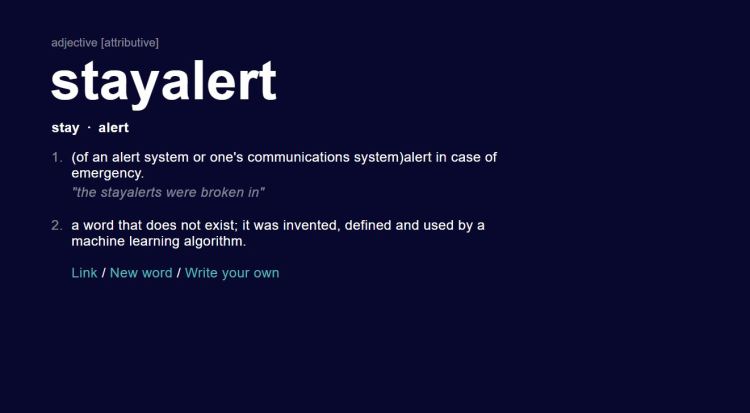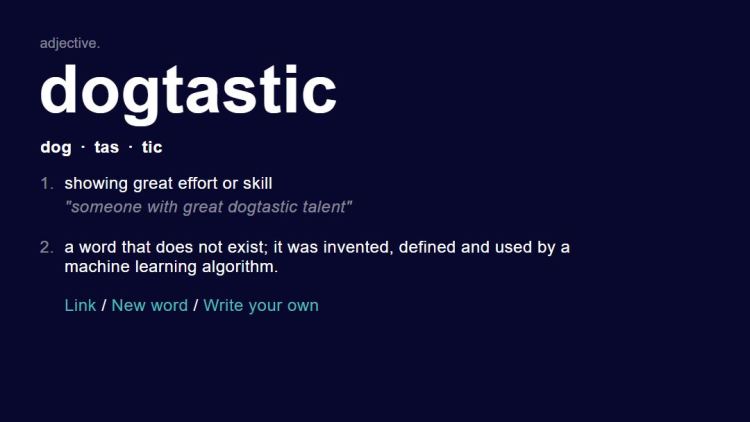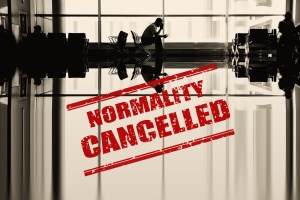It’s seven months since I last updated Wordability. It’s not been lack of desire. It’s just I haven’t got round to it. Life in Covid times seems busier than ever, even though there is no daily commute, nowhere to go, nobody to socialise with. For reasons which are not even close to apparent, my Covid experience has not opened up oceans of time which I can use to better myself.
But when an unforgettable new word came along, I was determined to find the time to mark it and hope that this can at least build some momentum for the rest of the year.

That word of course is Pingdemic. From nowhere to everywhere in the UK in the space of about two weeks, Pingdemic has become so ubiquitous that it has already lost its inverted commas, commonly used to signify a new coining or an odd word which is little understood.
For overseas readers who may be coping with just a pandemic and not the added layers of a pingdemic as well, a little explanation. The UK’s Covid app is designed to alert individuals when they have been in proximity for a length of time to someone who subsequently tests positive for Covid. The app takes little account of the circumstances of said proximity or the vaccinated status of the individuals involved, so its blunt solution is an automatic ‘stay at home’ order for anyone unlucky enough to be ‘pinged’.
Now don’t get me wrong, I am not knocking the importance of this tool, and statistics have shown that it has definitely saved lives. But the issue now is that it is forcing people to stay at home when the circumstances which precipitated the ping would have made contracting Covid unlikely, with their vaccine status layered on top making that less likely again. And there is currently no way to use testing to prove that you are in fact eligible for early release from the requirement to stay at home for 10 days. That is currently limited to certain jobs and won’t come into play widely until the middle of August.
So the result of all of this is that thousands of people are being contacted and ordered to stay at home. This means that the jobs they were meant to be going off to do are often being left undone as a result, leading to a lack of supplies in supermarkets, rubbish bins not being collected and police forces being depleted.
This then is the Pingdemic – basic services under severe stress because people cannot perform their jobs due to receiving a ping.
While the situation is dire and will get worse before it gets better, linguistically it’s the reverse. In fact, I think it is a serious candidate for word of the year lists in a few months time.
I think it works as a word because it is a clever play on the word pandemic, and succinctly gets across the sense of a rapidly growing problem which affects lots of people. It sounds very similar, which adds to the sense that this is a very clever coinage which can be easily adopted and understood by everybody. It neatly fills a genuine semantic gap. And while ‘pinged’ itself has always seemed quite an odd word, when merged with pandemic to create this word it seems to allow that absurdity to flourish a little bit more, evoking the growing craziness of the situation in the UK at the moment.
I will do my best to write more later this year – fortunately (or unfortunately, depending on your point of view) a pingdemic does not stop me writing for Wordability. And it is likely that unexpected developments in a pandemic which is sadly far from over will spawn yet more new words which will rapidly take off.




 Most recent is Twindemic,
Most recent is Twindemic,  There are two things to consider here. The first is the choice of the word ‘bubble’ as a term for a self-contained social entity. This seems to be an extension of the idea of a Bubble as a protected group. Cambridge Dictionaries Online provides a helpful definition which supports this:
There are two things to consider here. The first is the choice of the word ‘bubble’ as a term for a self-contained social entity. This seems to be an extension of the idea of a Bubble as a protected group. Cambridge Dictionaries Online provides a helpful definition which supports this:


 One which is increasingly doing the rounds now is the term ‘The New Normal’, the catch-all to describe what we think our lives are going to become once Coronavirus has passed. Or to be more nuanced about it, because Coronavirus is not simply going to be switched off one day in the near future, what shades of new normal we are going to pass through before finally settling on the ultimate new normal which life is going to become.
One which is increasingly doing the rounds now is the term ‘The New Normal’, the catch-all to describe what we think our lives are going to become once Coronavirus has passed. Or to be more nuanced about it, because Coronavirus is not simply going to be switched off one day in the near future, what shades of new normal we are going to pass through before finally settling on the ultimate new normal which life is going to become. Coronavirus itself falls into the former category. Coronavirus as a catch-all term for a group of viruses, including the common cold, is technically the correct definition, but the ongoing outbreak has meant that Coronavirus is now being used as the term for this specific illness, and will be for all time. While people are familiar with the new term Covid-19, the official word for the disease caused by this particular coronavirus, we are living through the time of The Coronavirus and nuances of meaning around future coronaviruses are linguistic challenges for another day.
Coronavirus itself falls into the former category. Coronavirus as a catch-all term for a group of viruses, including the common cold, is technically the correct definition, but the ongoing outbreak has meant that Coronavirus is now being used as the term for this specific illness, and will be for all time. While people are familiar with the new term Covid-19, the official word for the disease caused by this particular coronavirus, we are living through the time of The Coronavirus and nuances of meaning around future coronaviruses are linguistic challenges for another day. This shouldn’t really be a surprise – despite the current UK fixation on Brexit and the ongoing election campaign, many are arguing that this focus on domestic issues is distracting from the climate, which should be viewed as the single most important issue facing anybody at the moment. Collins and Oxford have tapped into the way that public events around the climate have really burrowed into public consciousness this year, and have come up with two sides of the same story as a way of summing up the year.
This shouldn’t really be a surprise – despite the current UK fixation on Brexit and the ongoing election campaign, many are arguing that this focus on domestic issues is distracting from the climate, which should be viewed as the single most important issue facing anybody at the moment. Collins and Oxford have tapped into the way that public events around the climate have really burrowed into public consciousness this year, and have come up with two sides of the same story as a way of summing up the year.